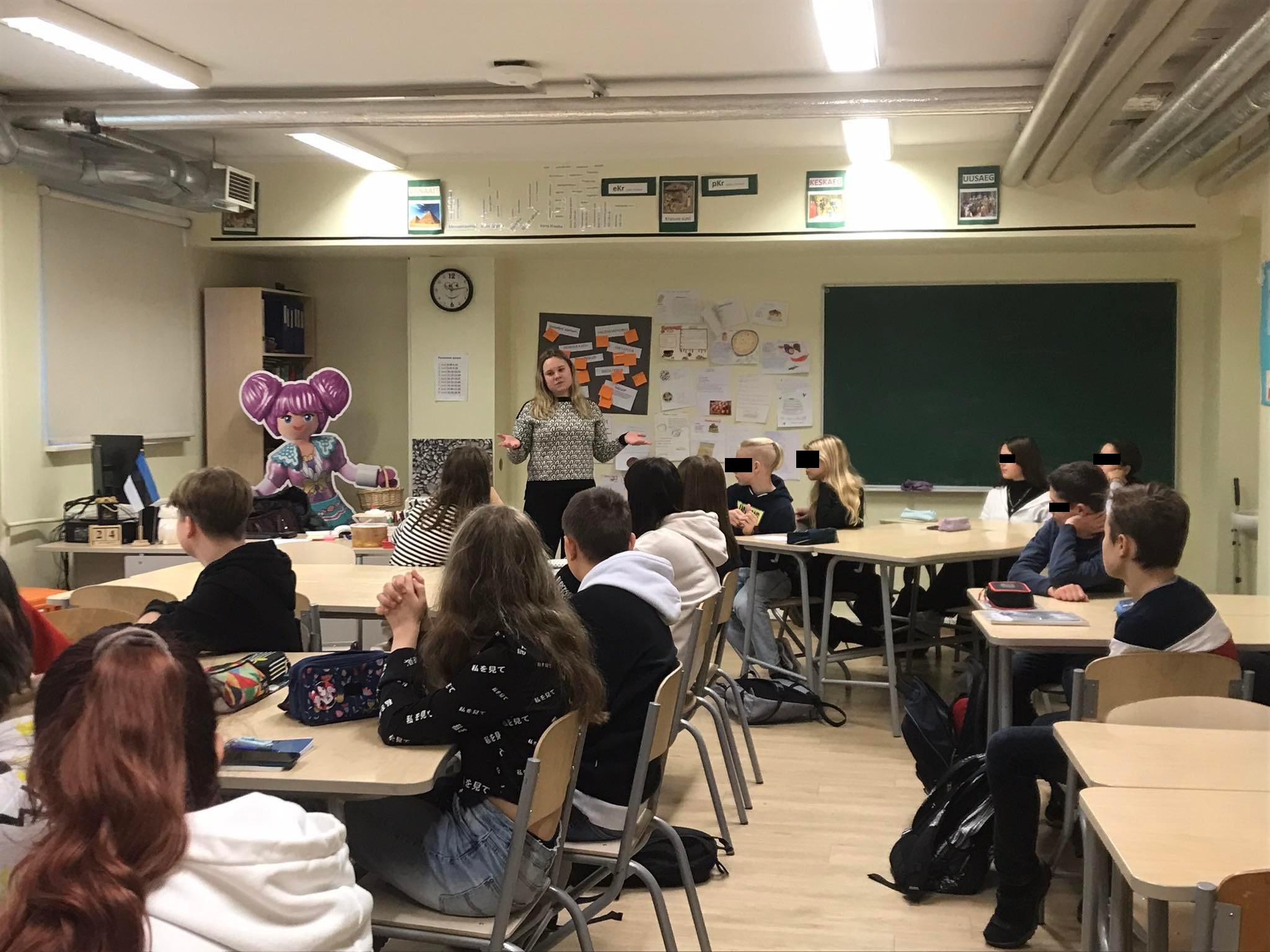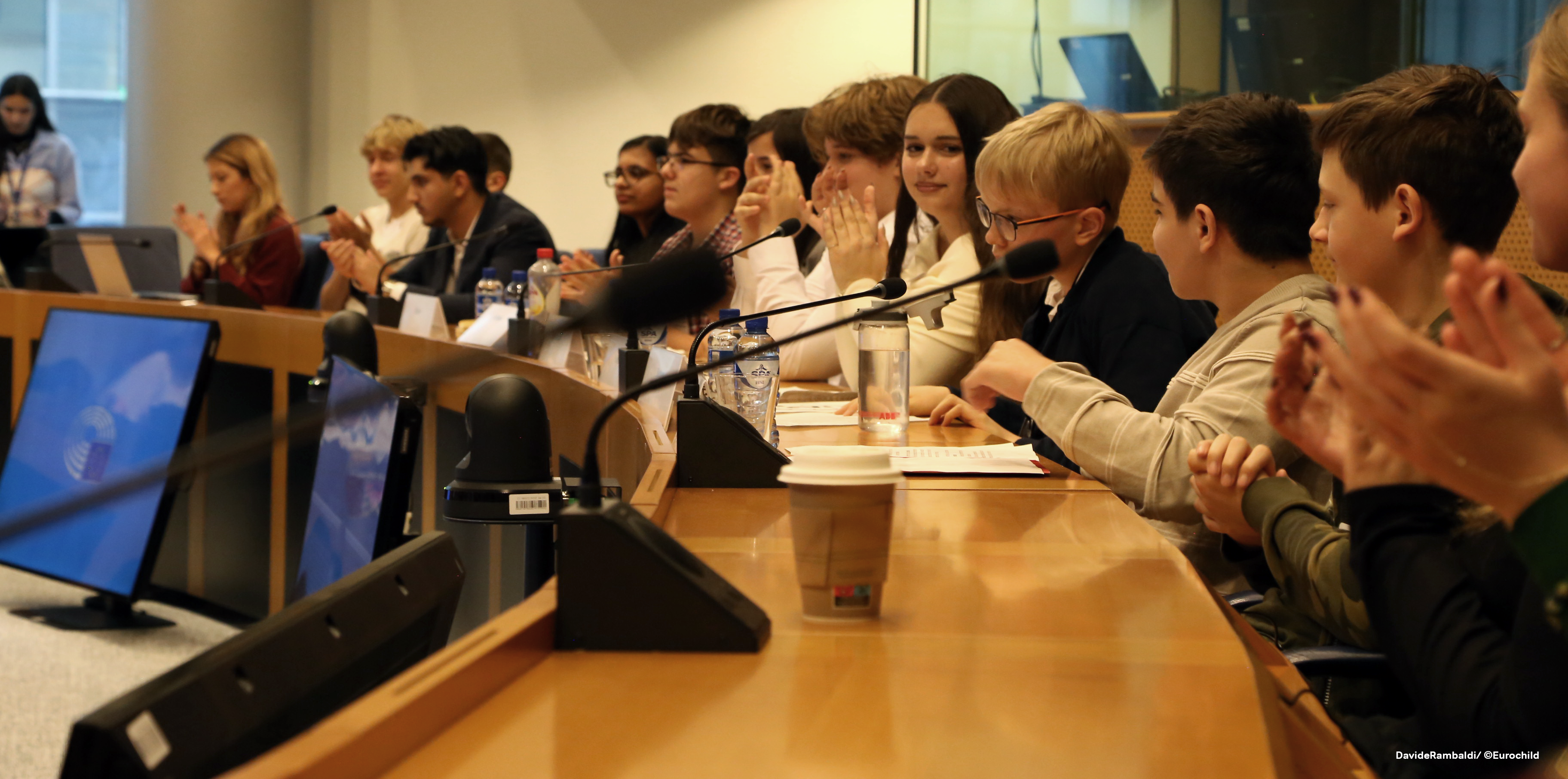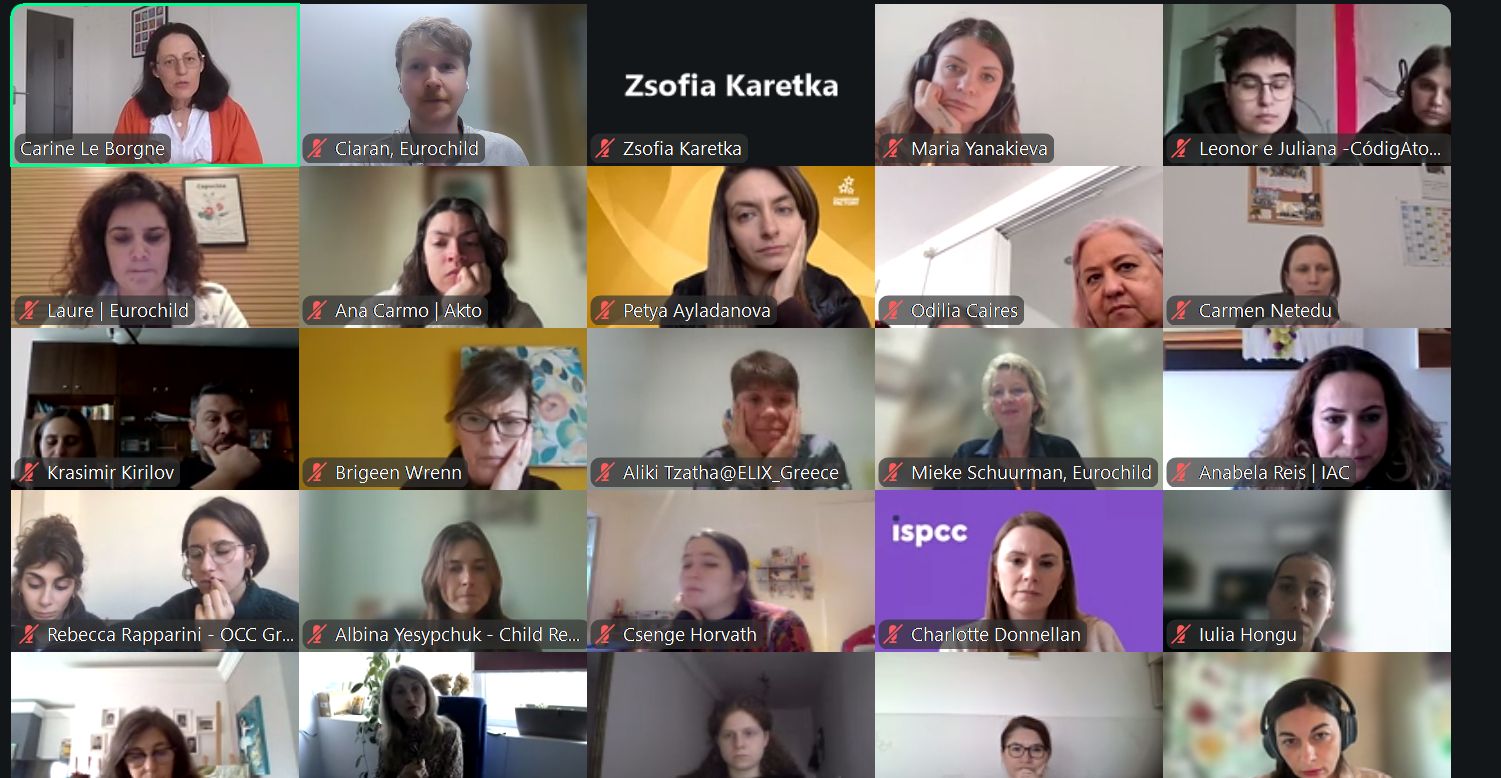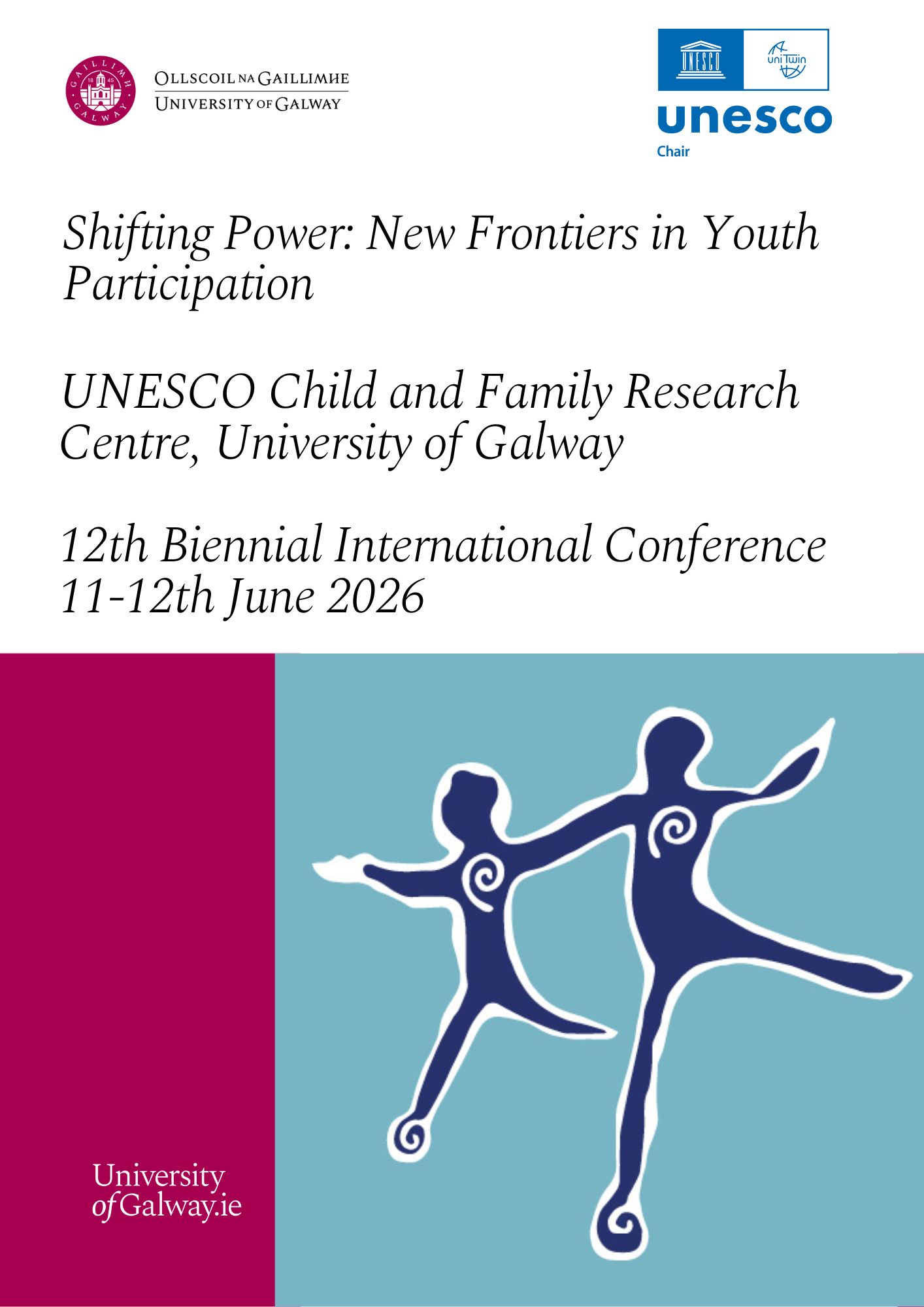Getting to know the National Eurochild Forums: Estonia
Get to know the National Eurochild Forums in their own words. In this blog, the Estonian Union for Child Welfare, which hosts one of the four NEFs, discusses their unique approach when engaging with diverse age groups in shaping youth opinions on poverty.
How to gather the opinions of children and young people of different ages in a format tailored to them, making it exciting for them to share their thoughts while also receiving something in return? When we had the opportunity to collect the views of Estonian children on the concept of poverty within the framework of the National Eurochild Forum (NEF) and their perspective on such a challenging issue, we wanted to do something entirely different from the traditional questionnaire. We aimed to introduce them to the activities of the Estonian Union for Child Welfare, Eurochild, and NEF throughout the entire process. Simultaneously, we wanted to involve them in a decision-making simulation format, giving them the opportunity to be decision-makers.
The most significant advantage was the involvement of a diverse group of young people, including firstly, students whose native language is Estonian and slightly older students in the final grades of ’basic’ school; secondly, younger students from non-Estonian-speaking families; and thirdly, members of the child rights advocates network who were well-versed in children's rights issues. Another major plus was how we structured everything so that it was initially related to students' prior knowledge. We then introduced new elements and aimed to conduct an interactive seminar that included forming groups where everyone could express their opinions on various intertwined methodologies through tasks. In the end, all participants could record their conclusions from their perspective in an anonymous questionnaire on Google Forms. By the end of the session, everyone had not only gained new theoretic knowledge but also practical skills in argumentation, listening to the opinions of others, and drawing conclusions on such a sensitive topic as poverty, where the need for discretion must be highly valued. The process of conducting the entire questionnaire taught everyone involved, including the teachers, how to adapt serious topics to a child-friendly format and remain flexible in the face of changes.
As a result of the positive atmosphere, the poverty study gave rise to many new ideas that we wish to further develop at the national level. These ideas emerged thanks to supportive questions that encouraged children to think about solutions. Ideas included child-oriented media channels, more school seminars, and interactive formats. I genuinely believe that these formats provide the right tools, offering excellent solutions to issues that adults sometimes seek answers to for years – for children, it takes only a few minutes. In every child, there are smart solutions related to themselves or their environment. We need to notice, listen, and provide more support on this journey.
For further information on the activities of the Estonian National Eurochild Forum feel free to contact Triin Sooäär, Cooperation Coordinator for the Estonian Union For Child Welfare.
For further information on the National Eurochild Forums feel free to contact Lenia Kriki, Child Participation and Policy Officer at Eurochild.





